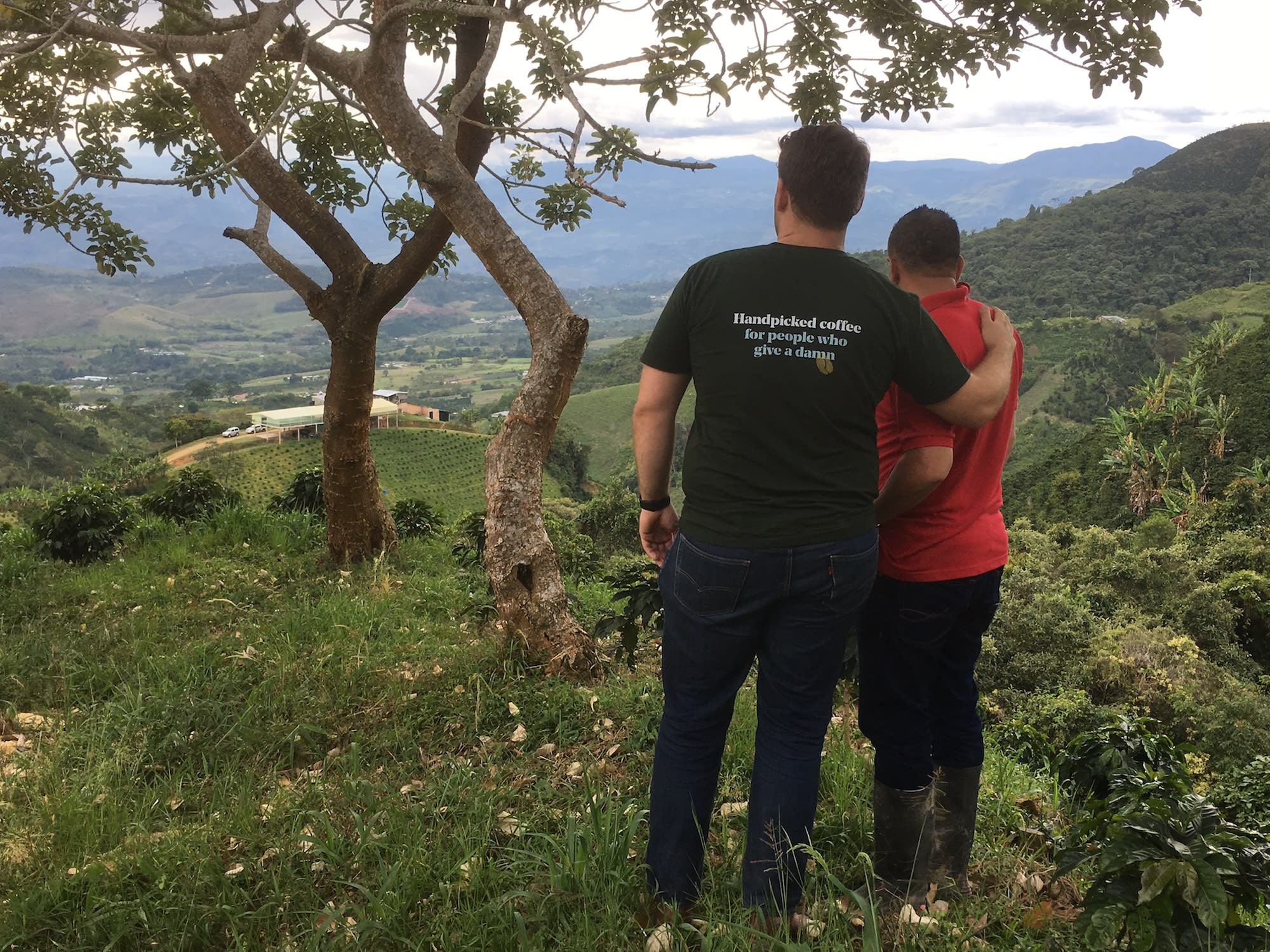You might be the office hero when you volunteer for a Starbucks run, but don’t think you’re necessarily making the most ethical of choices - no matter how many Fairtrade or Rainforest Alliance logos are emblazoned on your recyclable coffee cup.
Consumers are a little more savvy, and considerably more earth-conscious, than they used to be. Even the big names know they need to at least seem sustainable, and not exploitative of the growers in faraway countries that could never throw away £4 on a almond milk latte.
But when you see the well-meaning guarantees of ethical sourcing by the major coffee chains, just bear in mind that things are never that simple…
Pret a Manger
Oh, Pret. You turned grabbing a prepackaged sandwich into something glorious, rather than an exercise in self-hatred. No limp lettuce and skimpy slivers of ham… but a kaleidoscope of millennial-friendly ingredients, deliciously combined for a lunch that hits the spot.
But if you’re grabbing a coffee there, beware. Pret’s claim to fame is that all their coffee is organic. Sounds great, right - no pesticides means kinder to the environment and all that. But it’s the farmers which aren’t being looked after, in this case.
In an industry plagued by coffee diseases, a reality rapidly ramping up as climate change creeps forward, eschewing pesticides completely can be devastating to the lives of farming families. Allowing your crops to be decimated for the sake of an organic certification can means years of poverty, as trees take around four years to start producing cherries.
So organic coffee sounds great, but it’s worth considering what the cost is to farmers.
Costa Coffee
Maybe Pret is a bit bougy for your tastes, when it comes to feeding time for your caffeine addiction. No one is made of money, after all! Comfortingly familiar and British-founded, Costa offers something that feels moderately more wholesome than its competitors. But how wholesome is it really, especially considering it’s now owned by Coca-Cola?
Beyond the links with the global powerhouse not particularly known for its ethical business practices, Costa’s claims about its coffee are also not as good as they seem.
Proudly sporting Rainforest Alliance certification for all its coffee, it might seem like Costa are doing their bit for the world. But again, much like the organic movement, this is a classification which focuses more on being kind to the earth than being kind to the people who live on it.
Though its focus is honourable, promoting sustainability in a world in desperate need of it, its treatment of coffee farmers is considerably less so. With extremely high expectations of the farmers it works with, it pays them a disproportionately low price - often just around 4 cents above the cost of production.
As we all know, if you’ve even once experienced having a baked beans budget at the end of each month, breaking even is no life at all. And that’s why Rainforest Alliance certification isn’t all it’s cracked up to be.
Starbucks
So, Starbucks. Famed for coffee that doesn’t taste like coffee, but like bakewell tarts or candy floss instead. And for a presumably company-enforced habit of writing an entirely different name on your cup after you give it to them. It serves a unique purpose, but it’s probably not somewhere you’d pick because of feelgood business practices. Even so - it’s still worth casting an eye over the ways they purport to being ethical.
Starbucks commits to “Responsibly Grown Coffee”, a vague term that covers everything from environmental to social responsibilities - they call them their C.A.F.E, or Coffee and Farmer Equity Practices. But this is something devised by themselves, not an external measure they’re held to, and seems more concerned with the coffee farmers themselves upholding practices like paying minimum wage and dealing with waste properly.
As for Starbucks’ buying habits, they gesture towards buying a proportion of Fairtrade and organic coffees. We’ve covered the flaws in the organic movement, but Fairtrade is all good right? Well, not so much.
While Fairtrade sets a benchmark price that they’ll always pay even if commodity prices dip, this set price often results in farmers breaking even - rather than earning a viable living, and having the means to grow and scale up their farms. Which is why Pact always pays farmers 25-125% more than Fairtrade rates - so they can thrive, not just survive.
Mcdonalds
Ok, ok. We all know what the deal is with Mcdonalds. They’re not known for entirely good things. But a series of sassy little adverts about de-snobbifying coffee might make you think of it when you’re in a pinch, and fancy a cheap and cheerful cup of joe. And even they have started to use labels like Rainforest Alliance Certified and Fairtrade.
But, not only was just 54% of their coffee sourced through these programmes in 2017, but there are flaws inherent to these anyway - as we’ve discussed. So don’t buy the hype!
The Verdict
Don’t get us wrong - we’re not saying Fairtrade, organic and Rainforest Alliance certifications are necessarily bad. We’re just saying they’re not great as they sound.
And if you really care about where your coffee comes from and the farmers that grow it, then hey - save yourself the £4 here and there, and opt for delicious office coffee that’s both kind to farmers and kind to the world. It’s a win win.
Views: